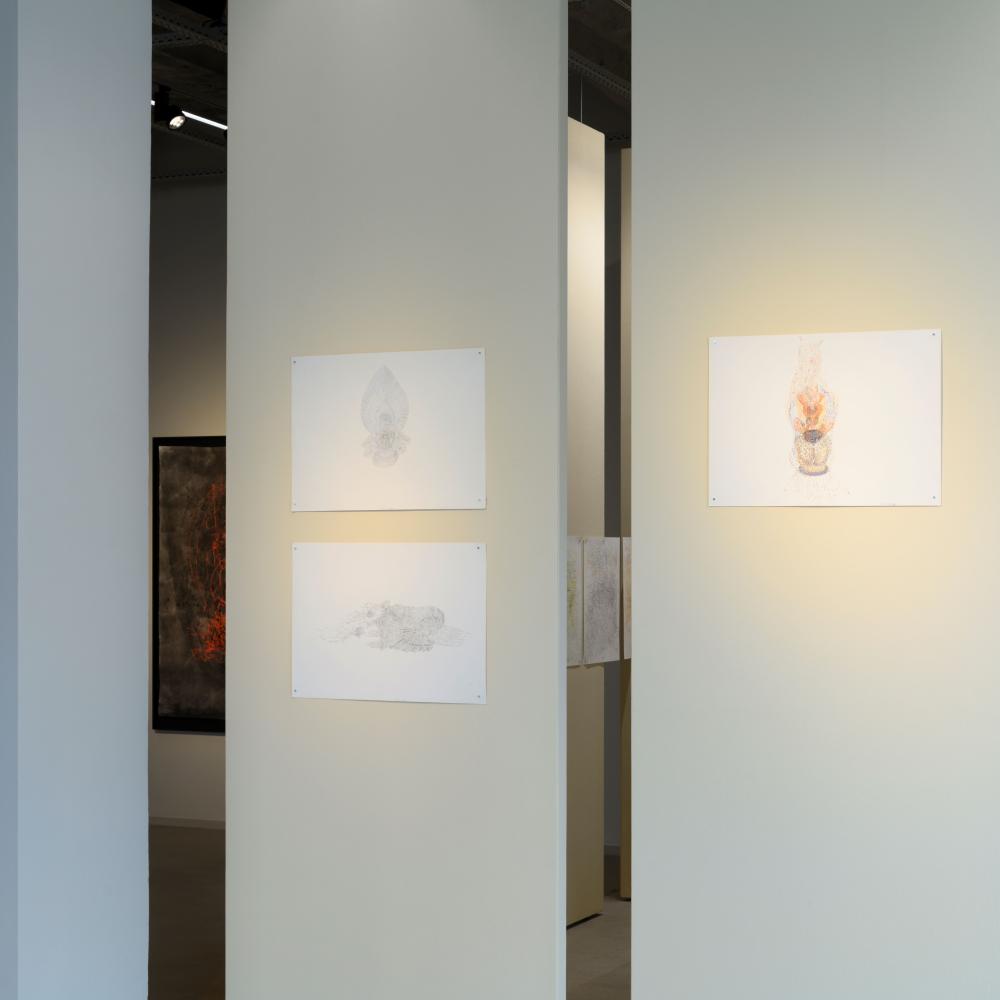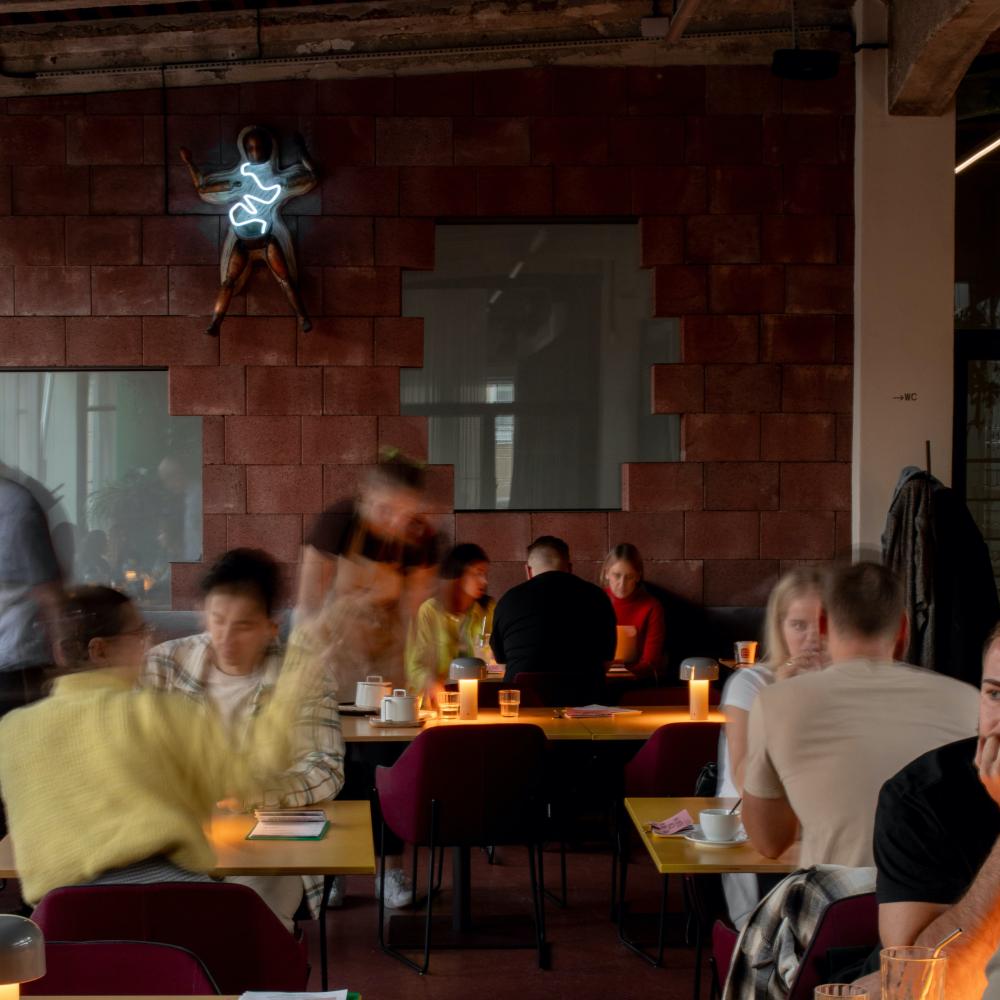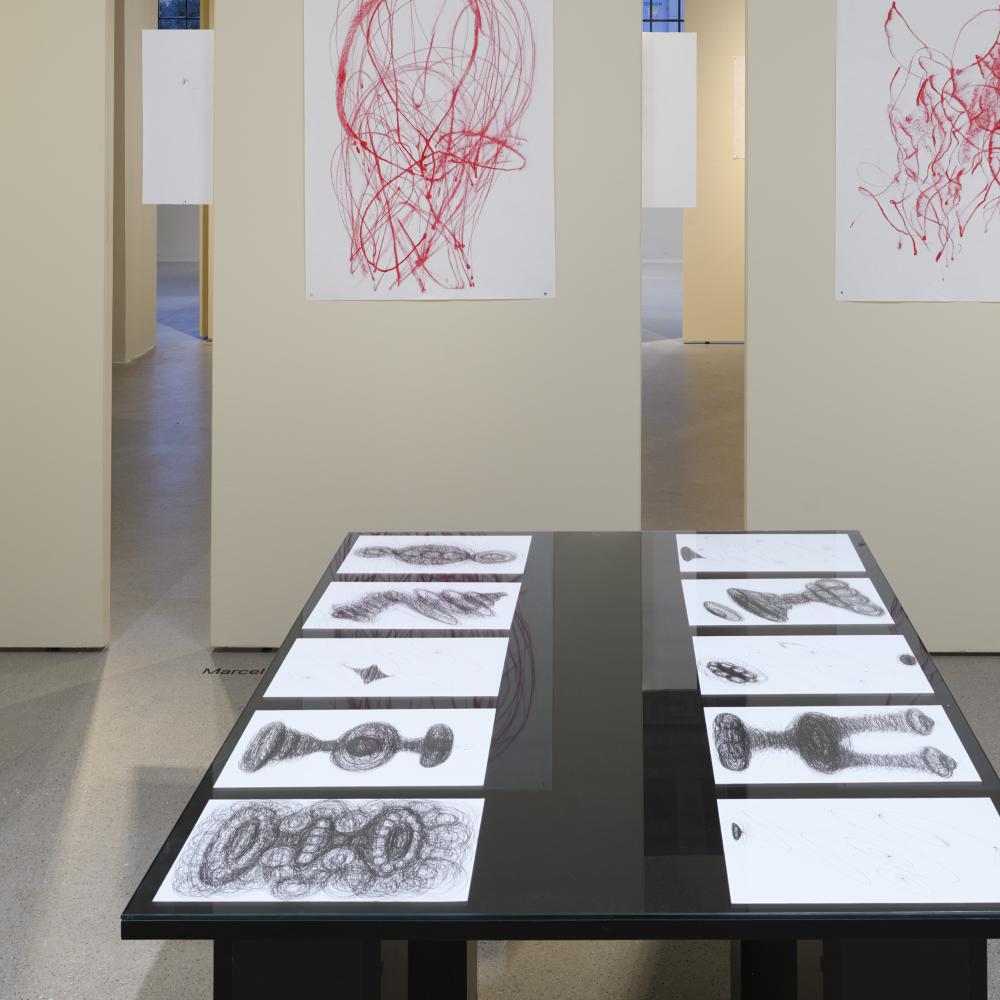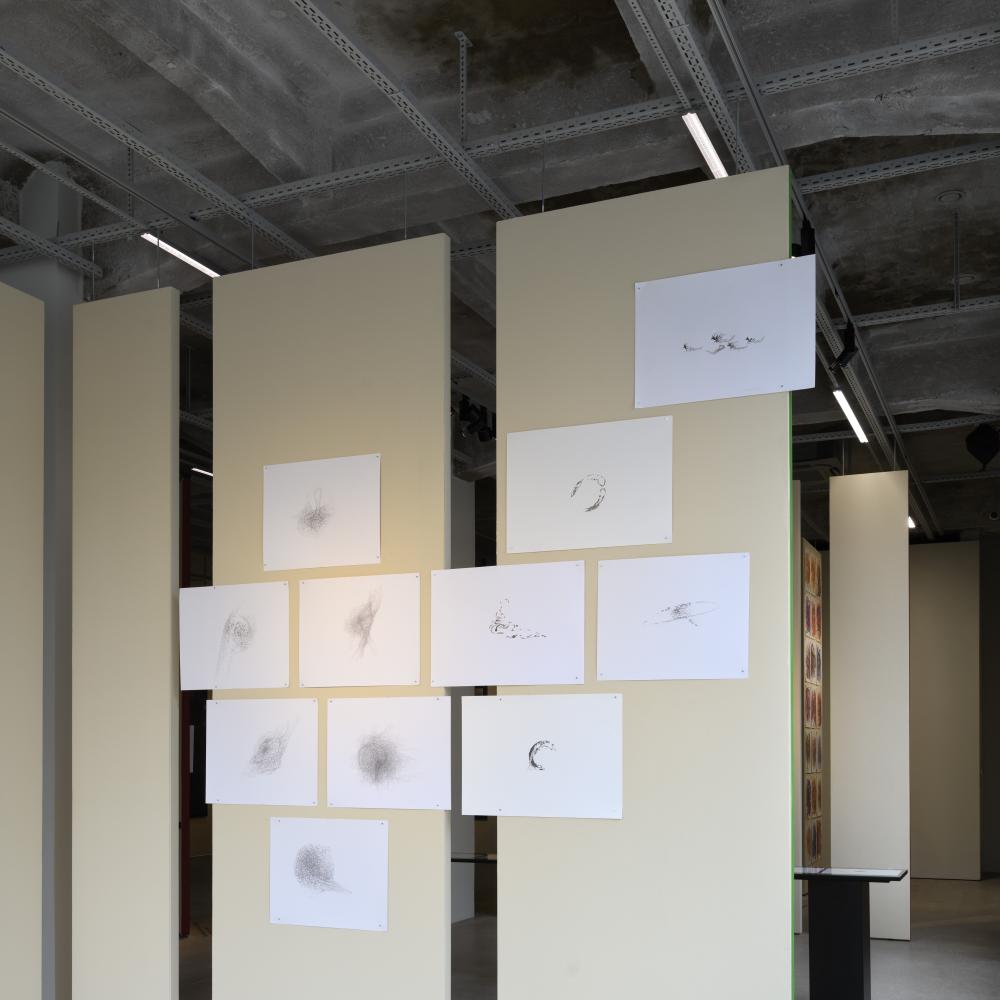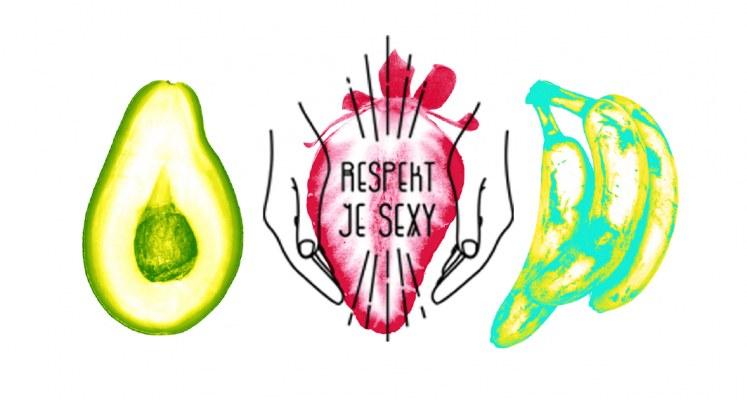
We recently had a Consent Lecture in the Telegraph, the subject of which was sexual harassment. Consent is a non-profit organization that focuses on rape, sexual harassment and education on issues of consent and interpersonal relationships. It enters the public space with awareness campaigns and breaks down myths associated with the topic in an entertaining way.
From English, the word consent translates into Czech as souhlas. And consent is the key thing in any interpersonal relationship. If it lacks the willingness of the other to participate in the act, it is abuse.
Sexual harassment is a broad term that encompasses a wide range of different forms of conduct, both verbal and non-verbal in nature. Simply put, if a particular course of conduct makes the other person uncomfortable, it is harassment. It can sometimes have a similar impact on the psyche of the person concerned as rape. If it takes place when the attacker is in a position of power, powerlessness can cause trauma to the victim. Sexual harassment in most cases involves the exercise, abuse and demonstration of power over another person. It may involve, for example, humiliation or manipulation of the other. It therefore occurs in virtually any setting and research suggests that it is very common. As part of its work, Konsent helps schools, universities and businesses set up safe environments that can prevent or address sexual harassment before it escalates to monstrous proportions.
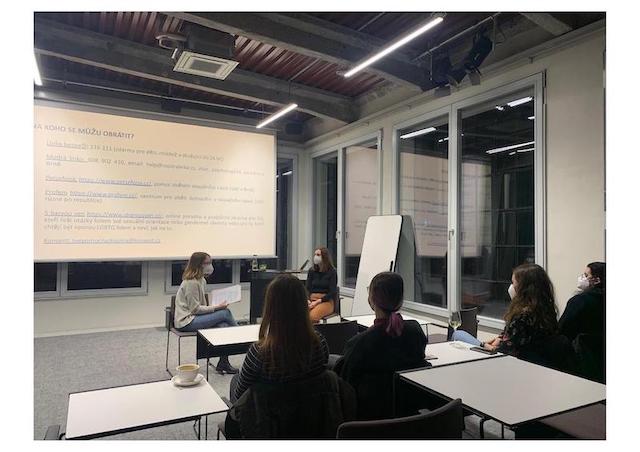
The talk also included a discussion about setting your own boundaries and respecting yourself and others. The lecturers also gave some good advice on how to behave when someone confides in you that they have experienced sexual harassment (be a moral support for the person - listen to the victim, as well as a physical support - for example, if the victim asks for it - help with finding a psychologist). And they also introduced the audience to organizations that we can turn to for help in cases of sexual harassment (Persephone, PROFEM, With Color Out).
Why do I think it's important to talk about this? According to research data by Konsent lecturers, 90% of rape victims in the Czech Republic are women, 5-8% of Czechs have raped someone, and one in ten Czech women will experience rape in her lifetime. However, according to the same survey, this is not the kind of rape we know from films, where the rapist attacks the victim during a dark night and brutally rapes her in the bushes, but in up to half of the cases it is a person who is close to the victim. Specifically, in 50% of the cases, the perpetrator is a spouse or partner, and in 40% of the cases, it is someone the victim knows well - a family member, friend or neighbour.
By Sofiia Taranenko / Telegraph Hub



